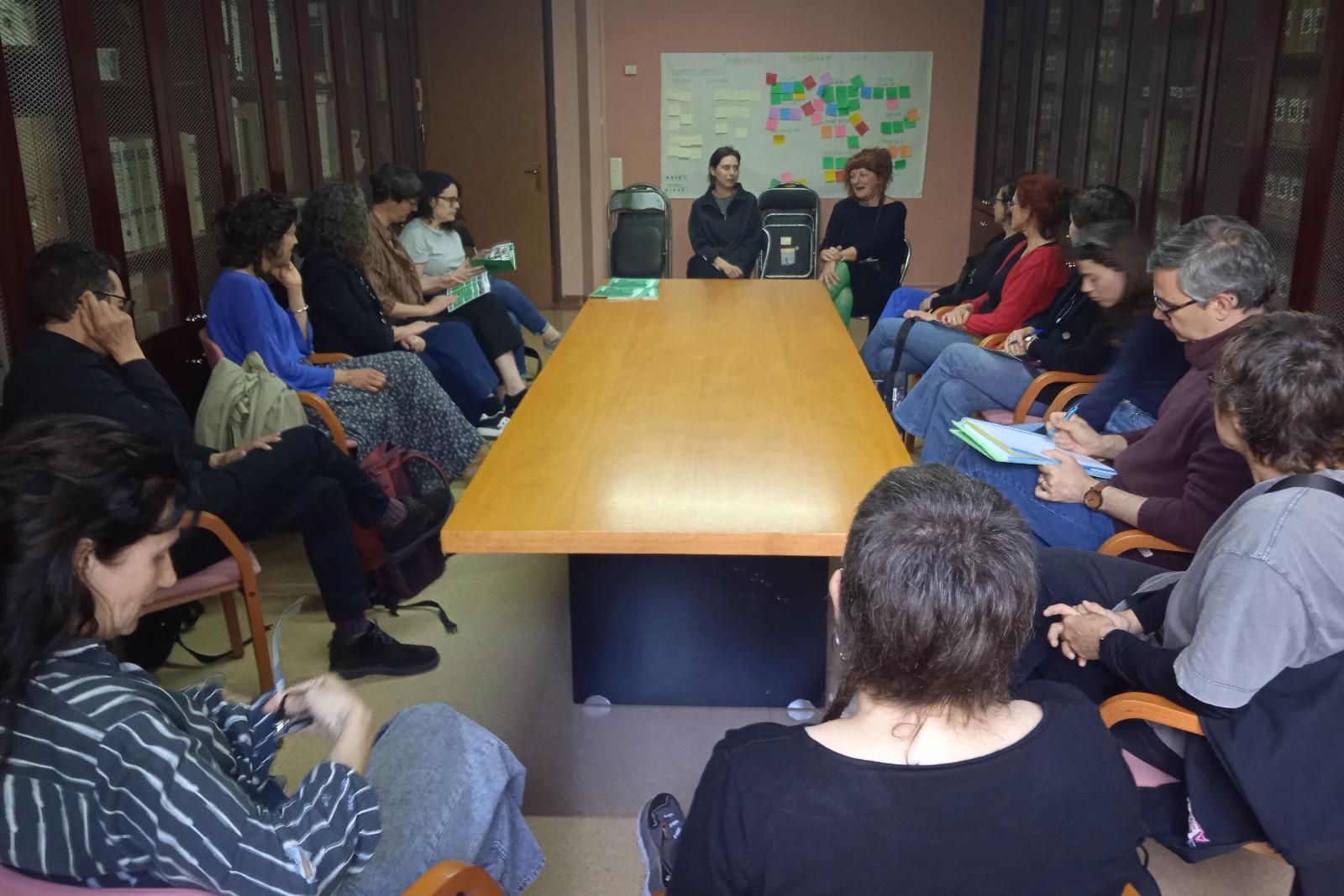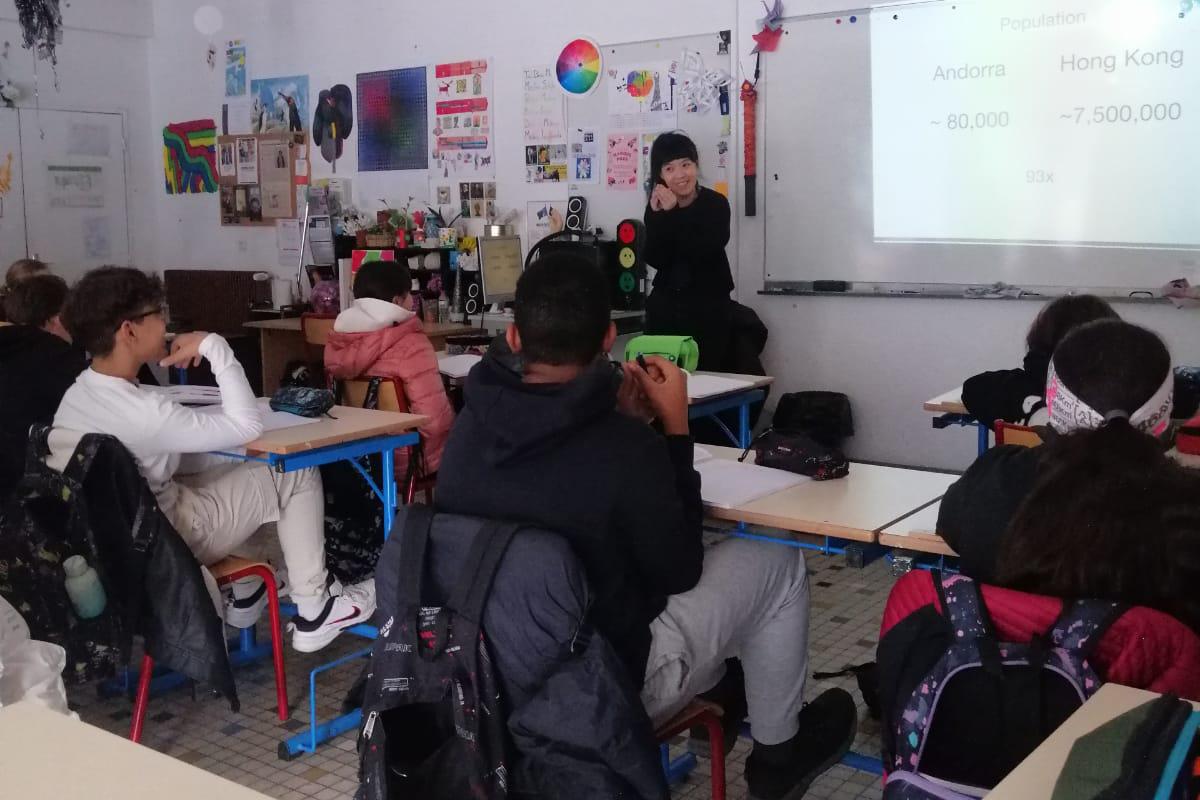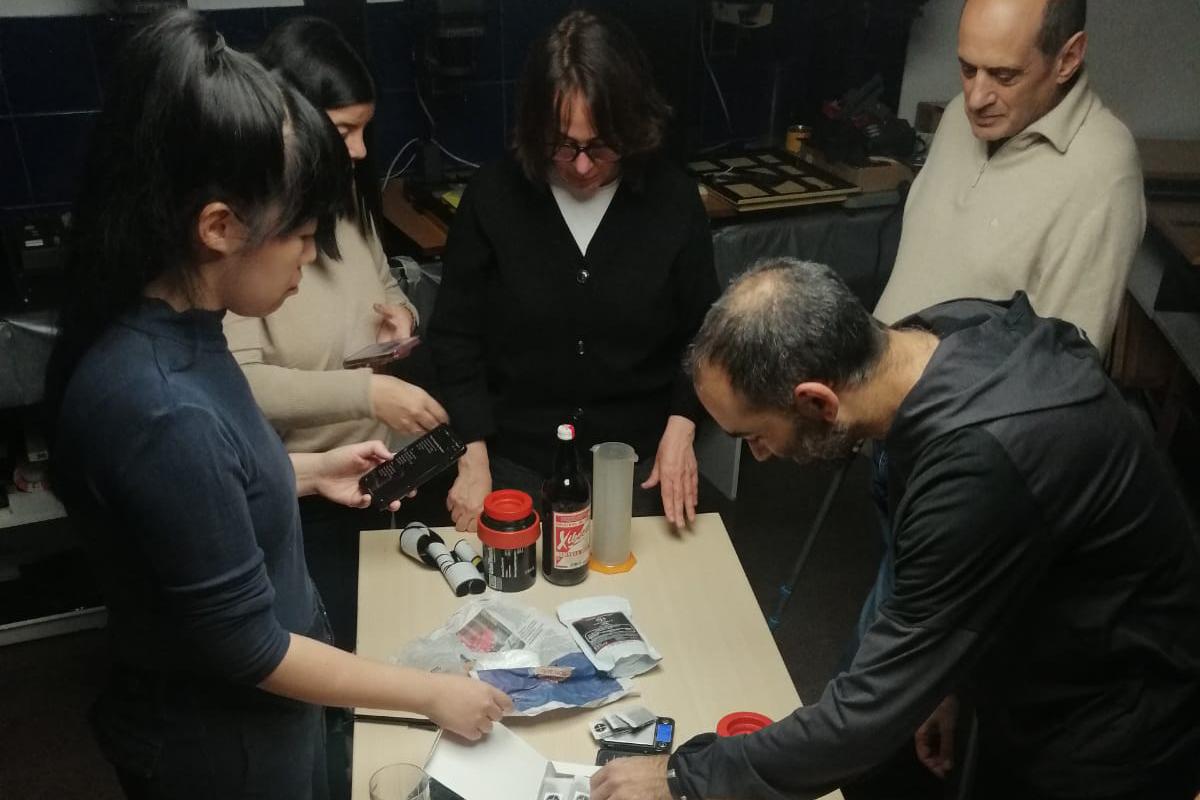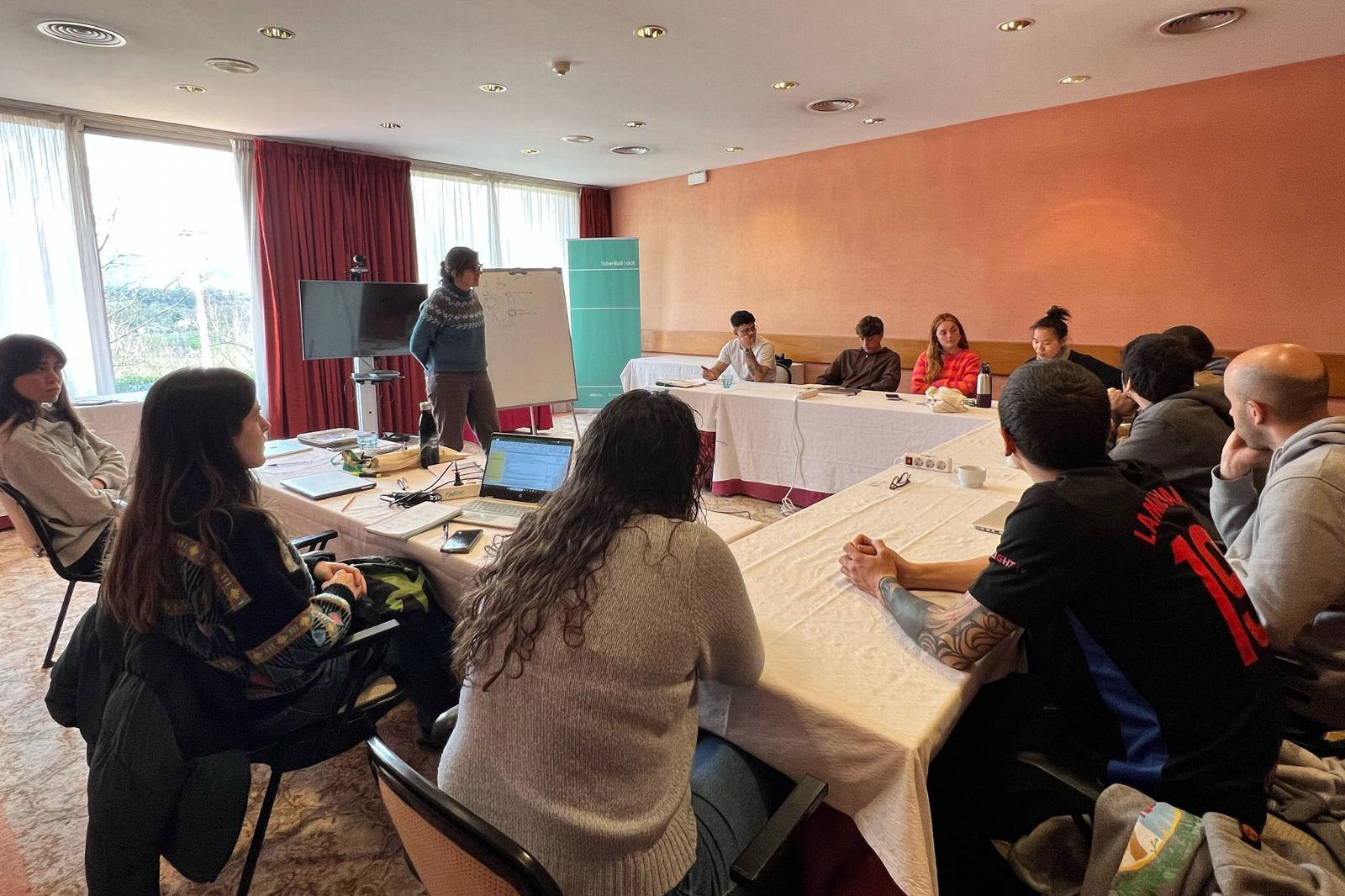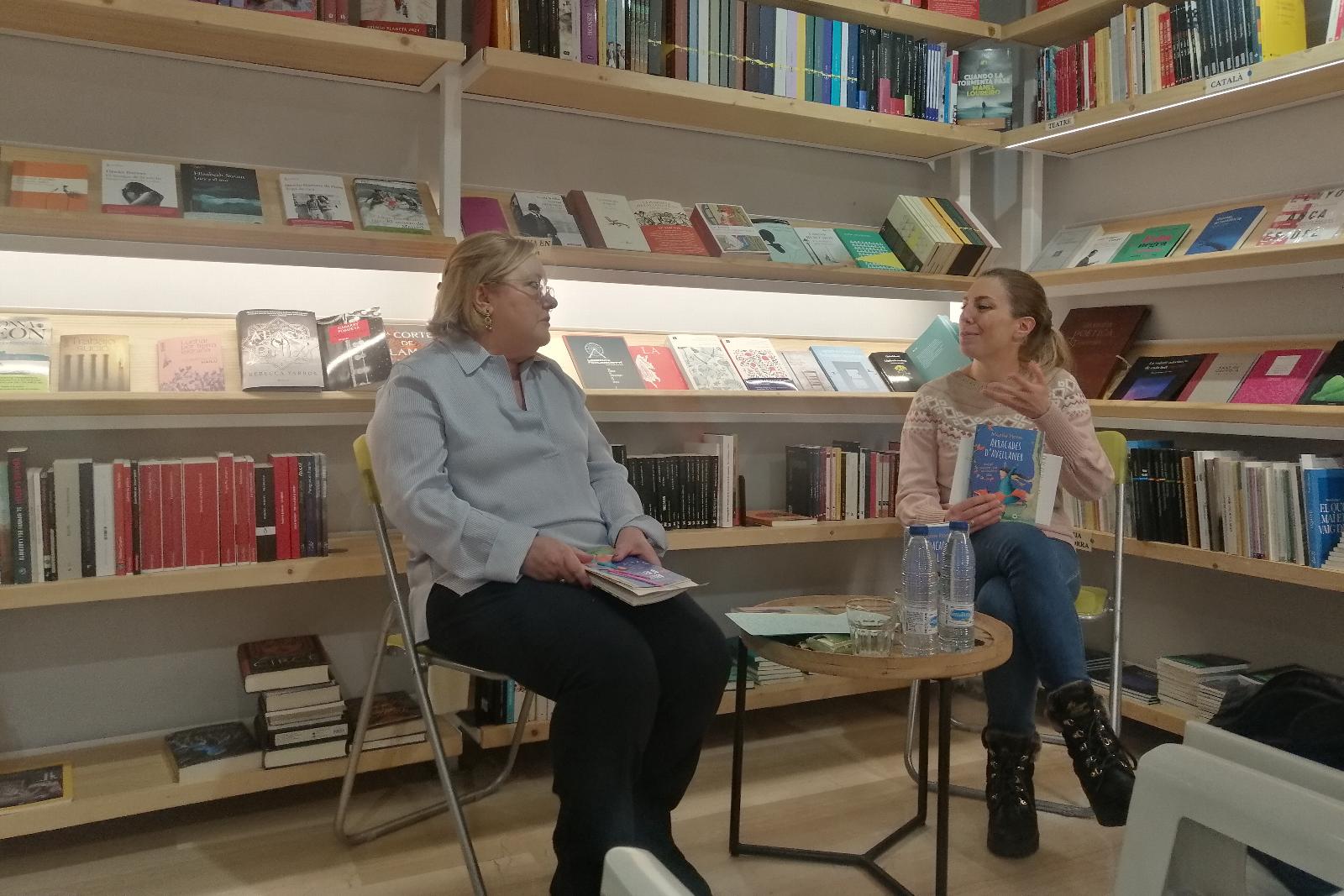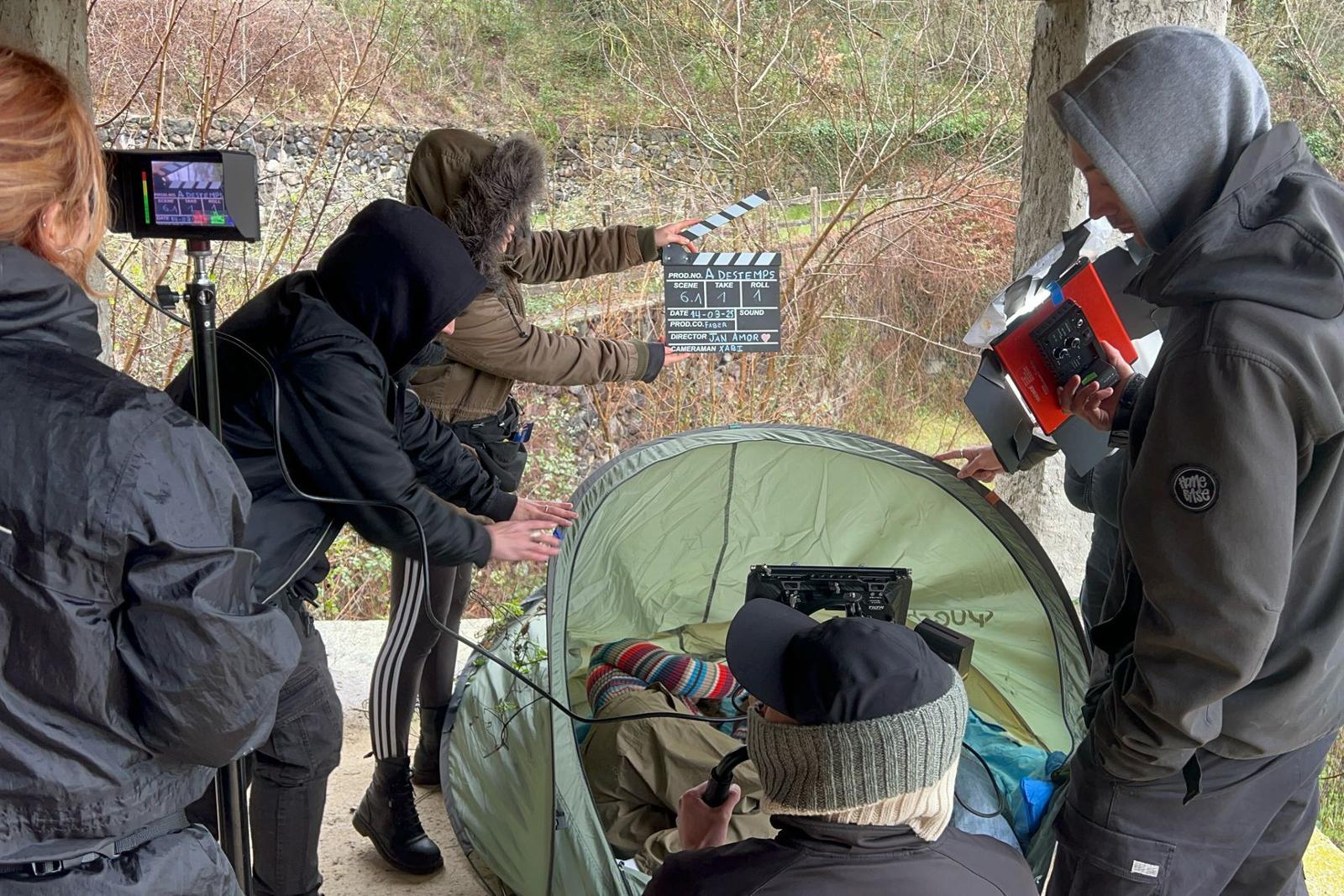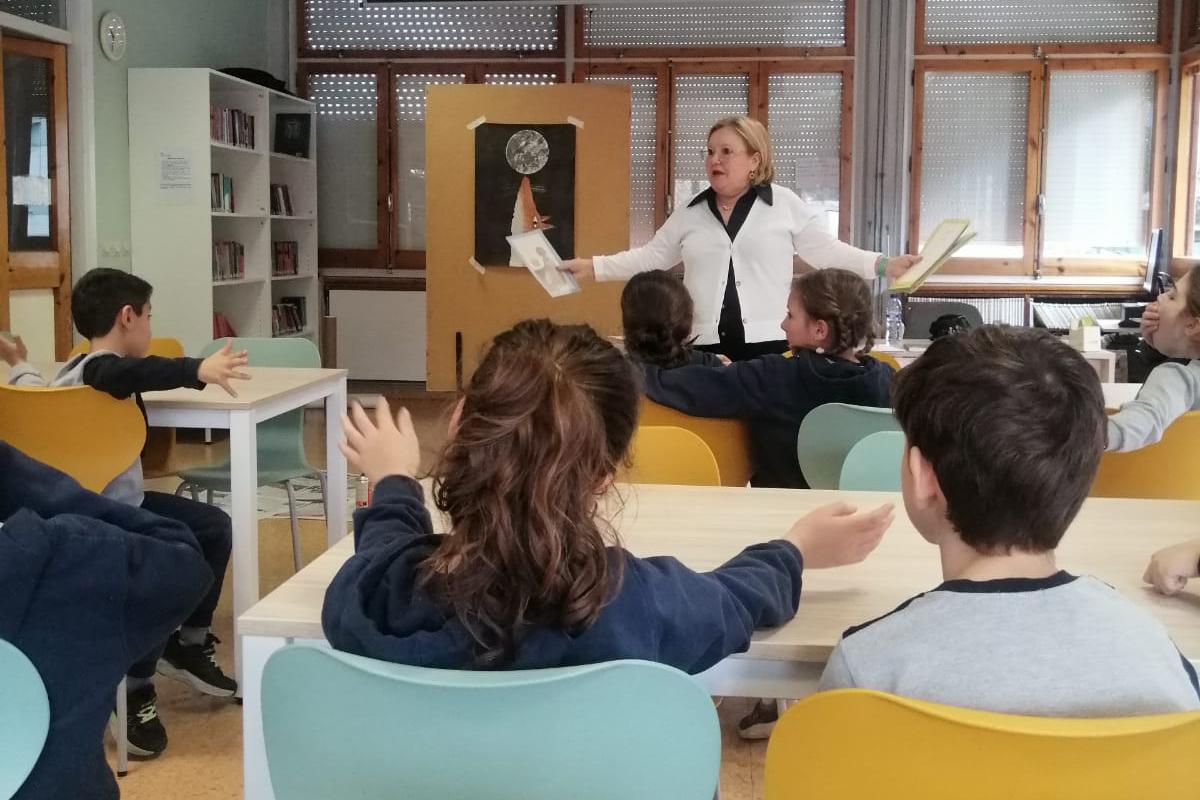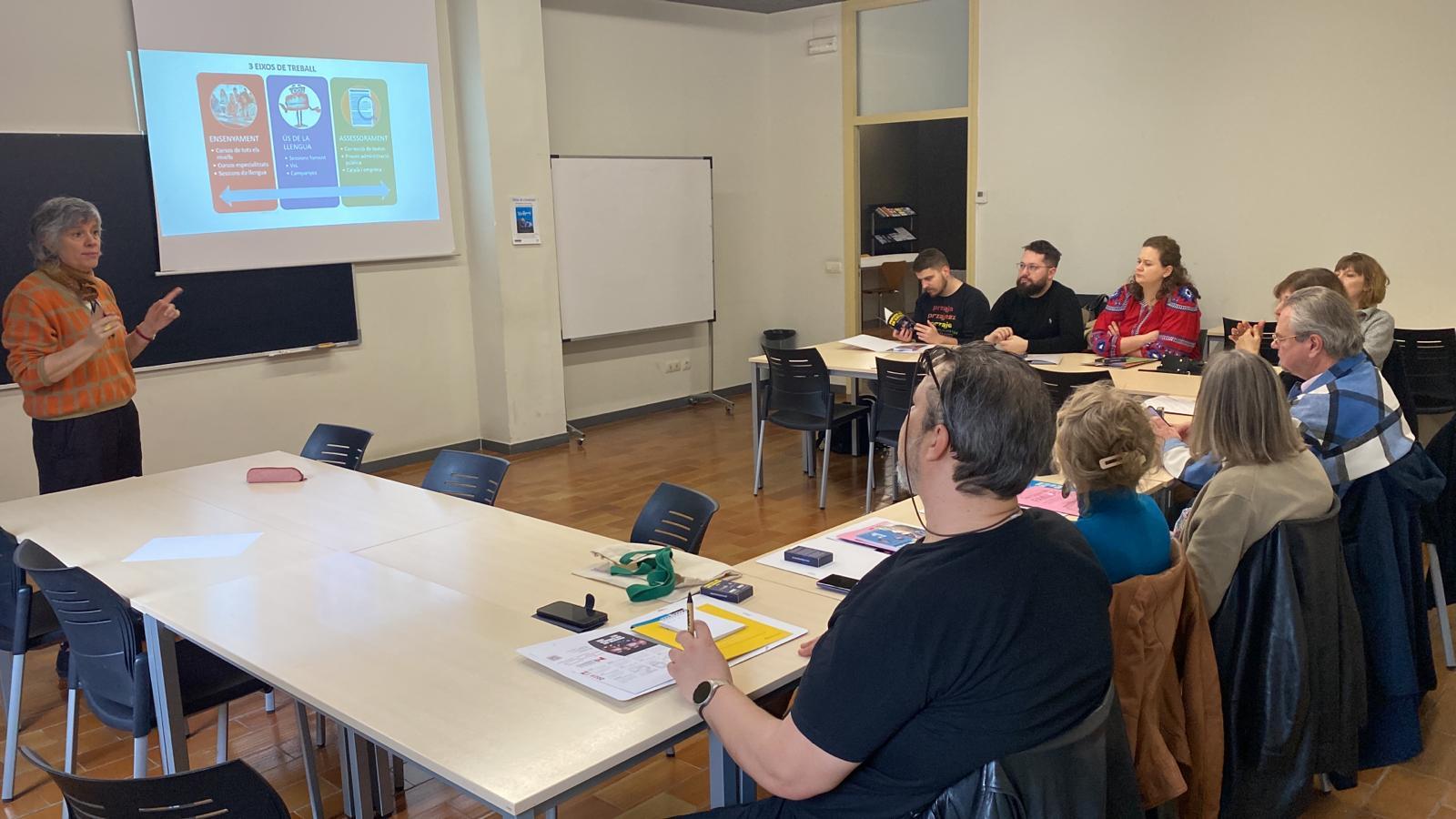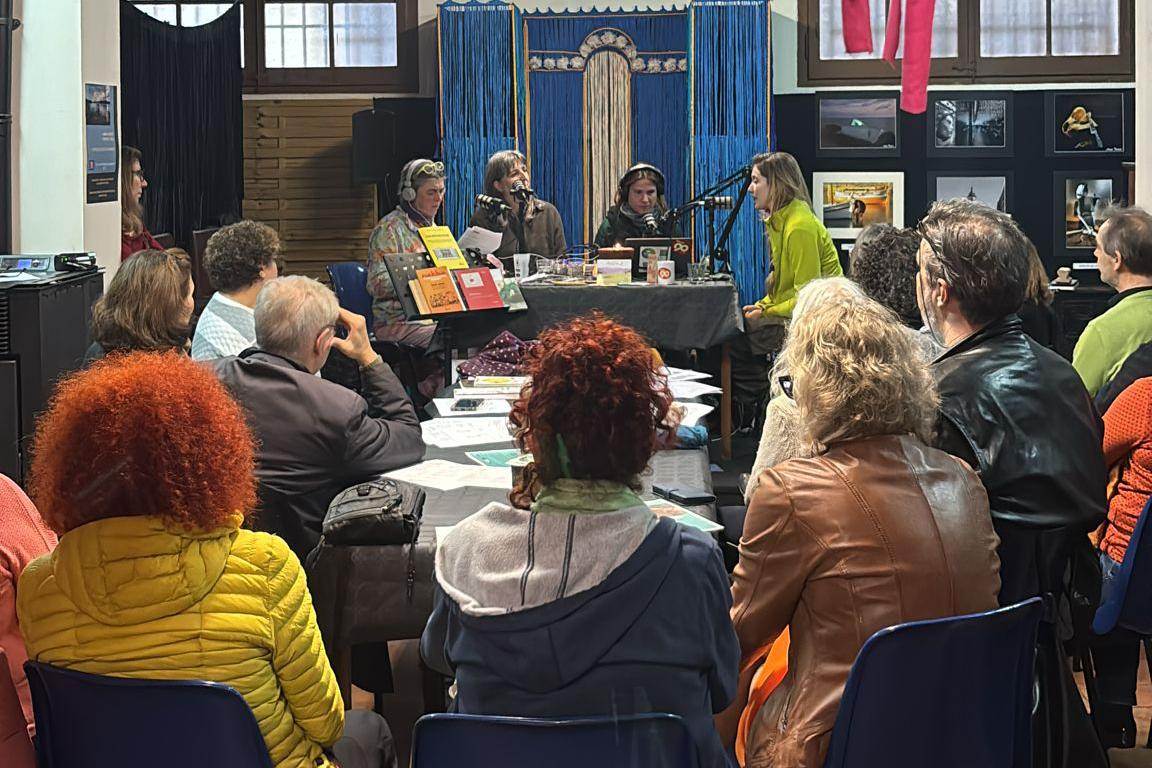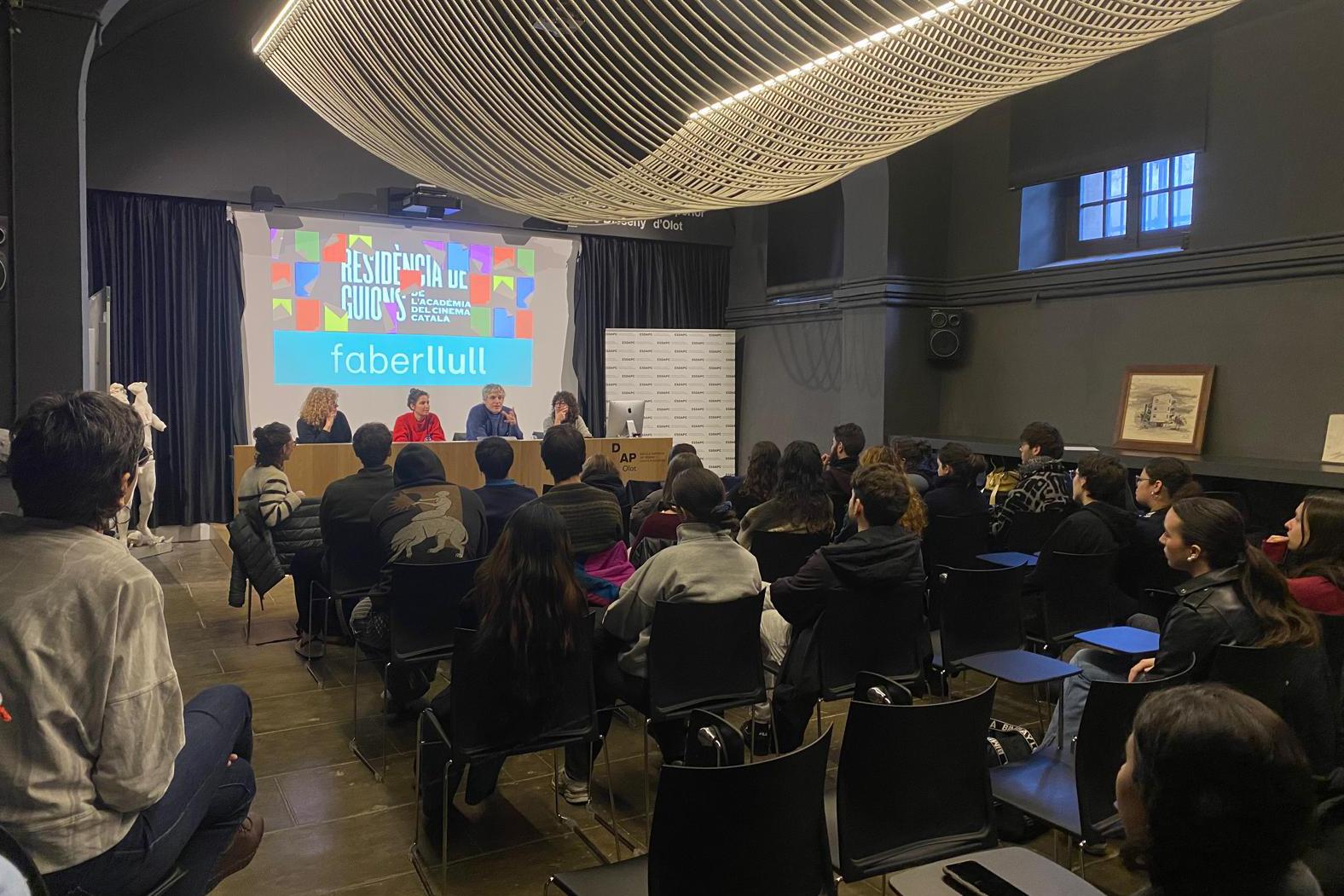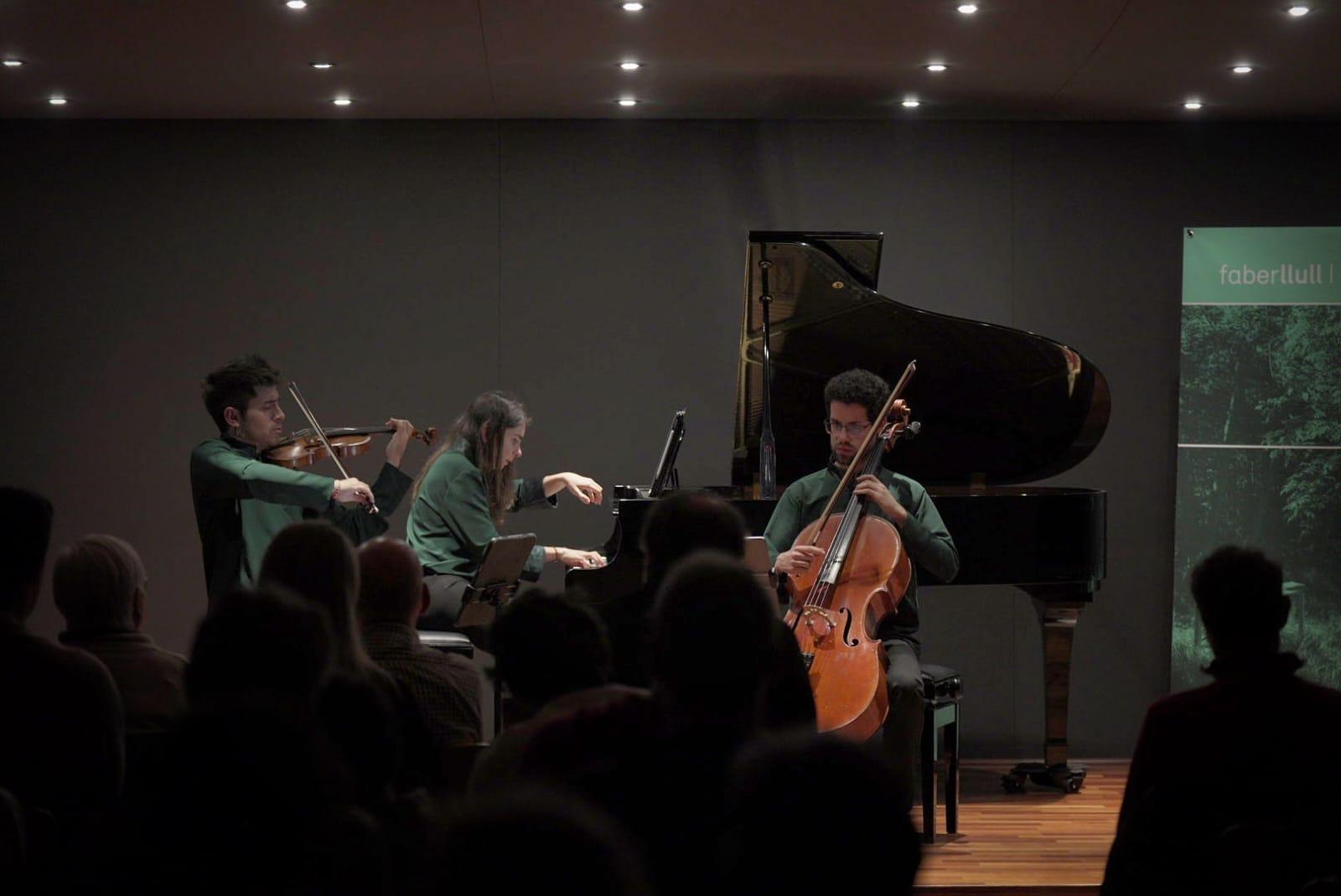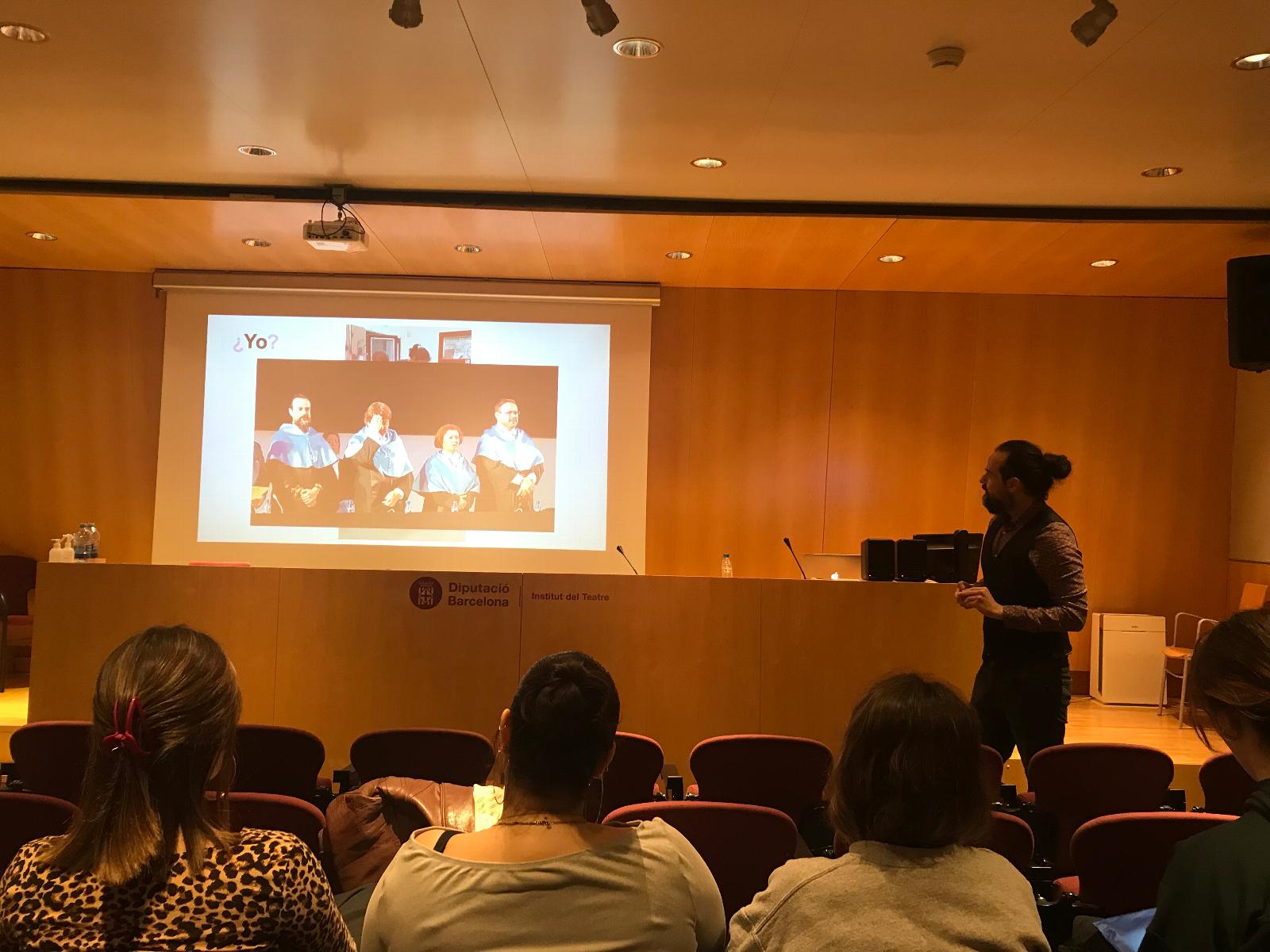Visit of the residents of the Resilience project to the Faculty of Tourism of the University of Girona
Friday, 27 October 2023 , Olot
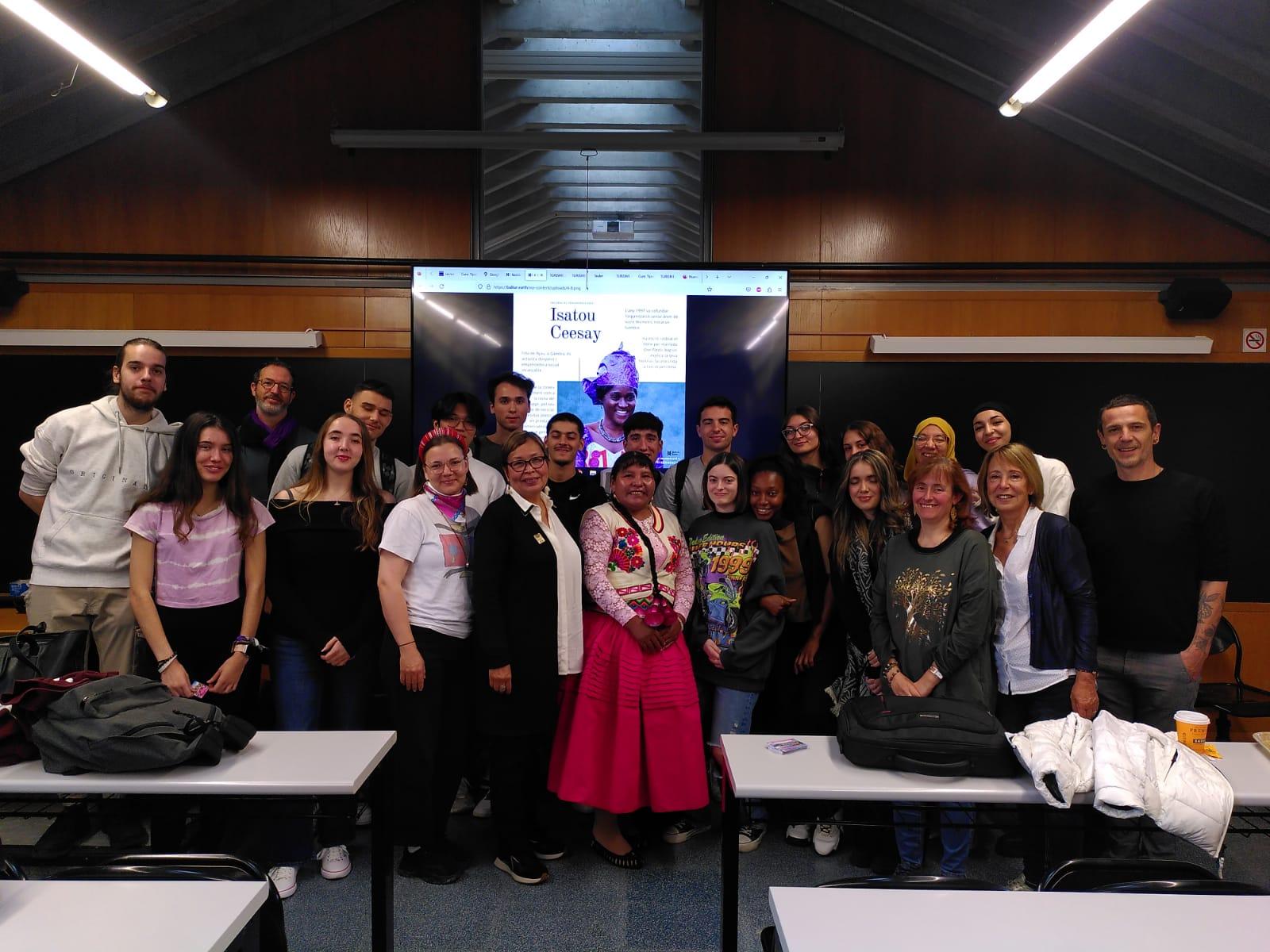
Visit of the residents of the Resilience project to the Faculty of Tourism of the University of Girona
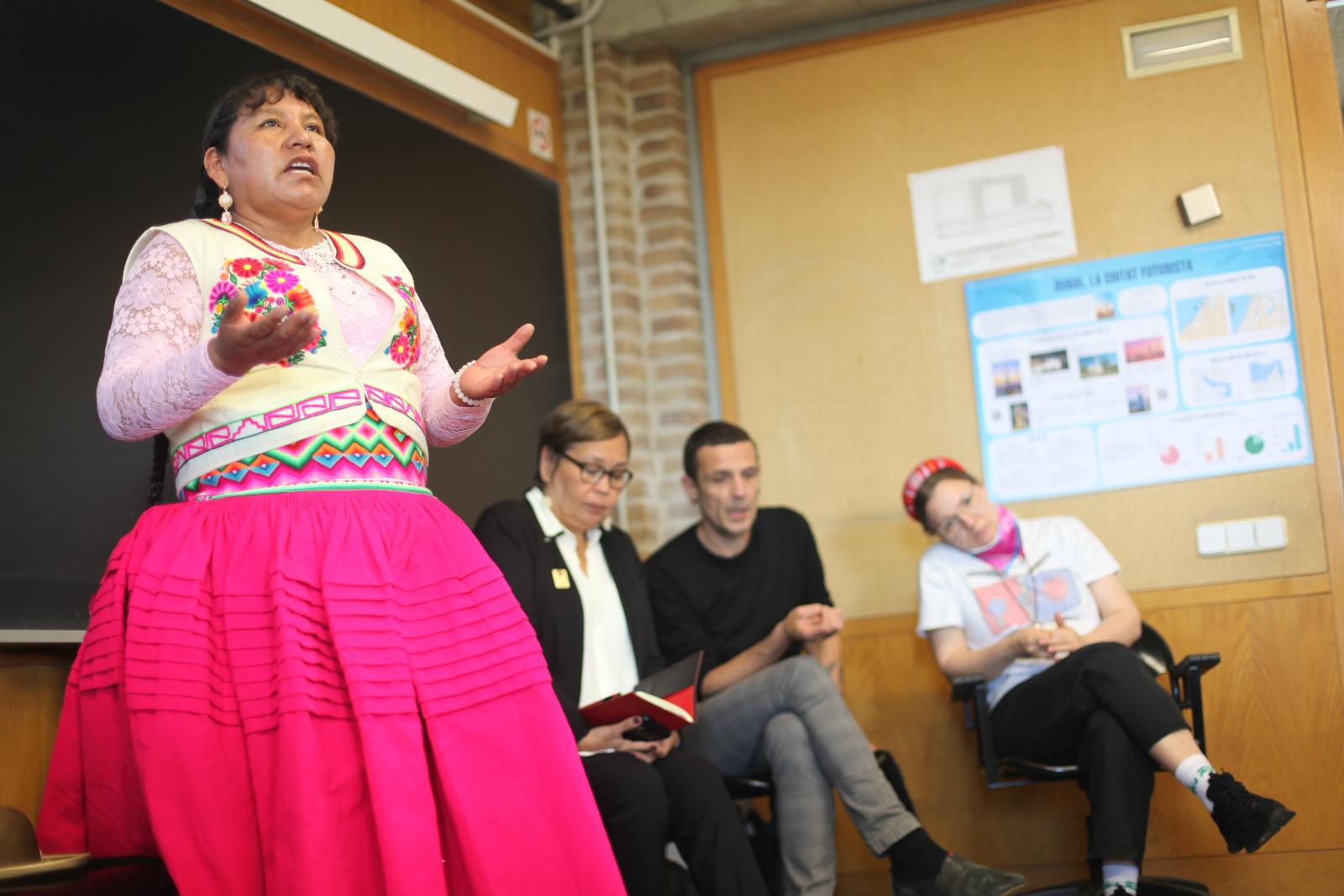
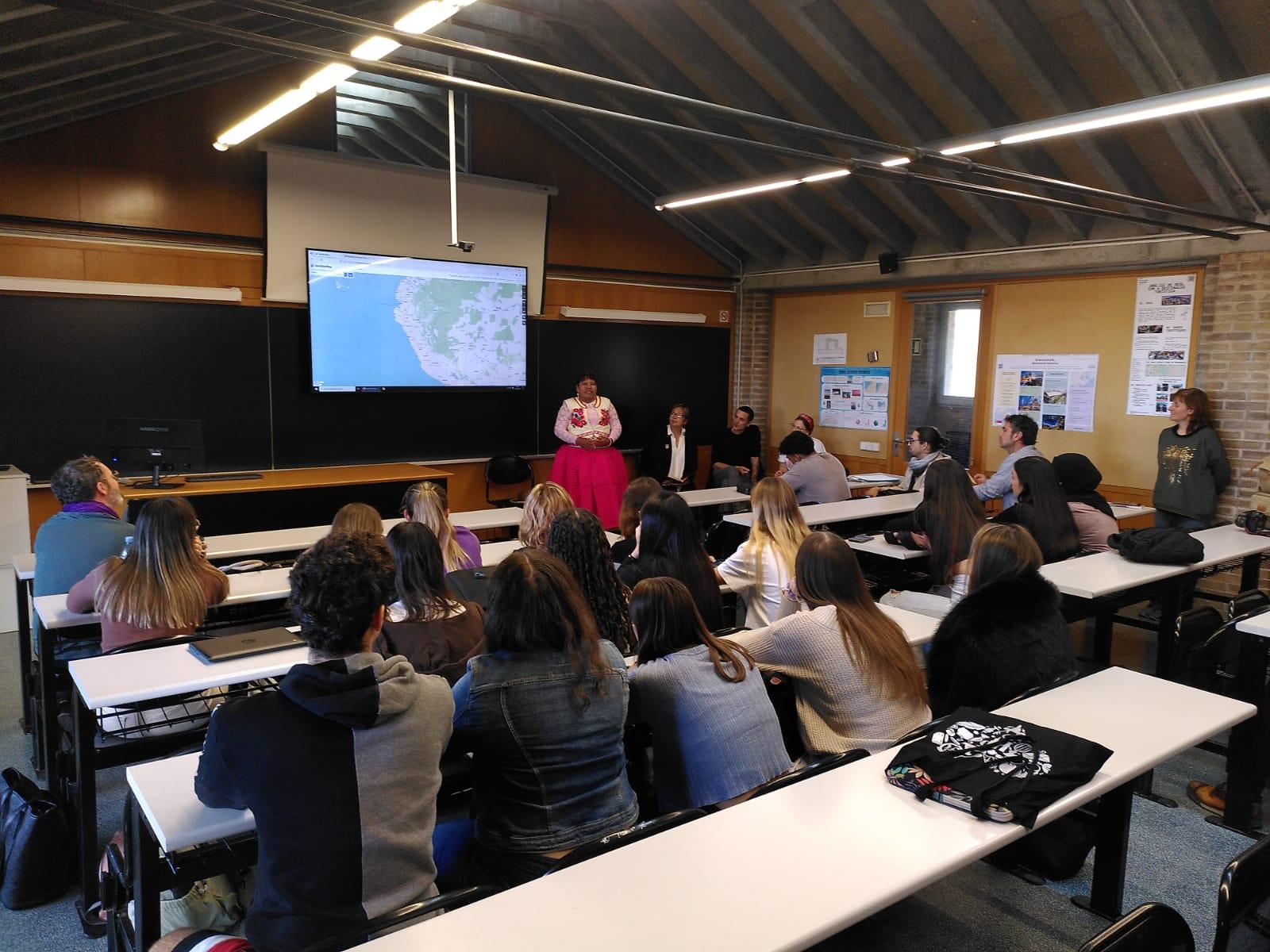
"Although I was never able to go to university, here I am teaching a class in Tourism. Pinch me!" exclaimed Rita Suaña as she left the Faculty of Tourism at the University of Girona (UdG). The three community leaders of the Transrural Residency organised by Balkar.Earth visited the UdG with the aim of establishing links with those responsible for organising tourism studies, while at the same time inspiring and empowering students to work towards a kind of tourism that takes care of the residents and territory, i.e. regenerative tourism. To this end, two sessions were held with second-year Tourism students and a meeting was organised with the teaching staff, various people from the University involved in tourism research and members of the Miceli Coop. It was a great opportunity to talk about the impact of tourism on communities. We talked about the regenerative tourism services set up by Uros families to tackle the big tourism companies, as well as the struggle faced by the Sami people in Finland to ensure that their territory is not damaged by hotels and major infrastructure. Of course, there is no denying that tourism can ultimately become an important source of economic sustainability for some indigenous communities, but it must be done with great care for the culture, the territory and the people who live there. We would also like to highlight how the contribution of one of the students allowed us to shed some light on the case of Gambia (the home country of Isatou Ceesay, the fourth resident who was unable to take part in the experience). She explained the difficulties faced by the community when it comes to hosting good-quality, eco-friendly tourism projects. This conversation led us to discuss the plight of the various indigenous peoples present and the support and assistance they receive from their respective states.

